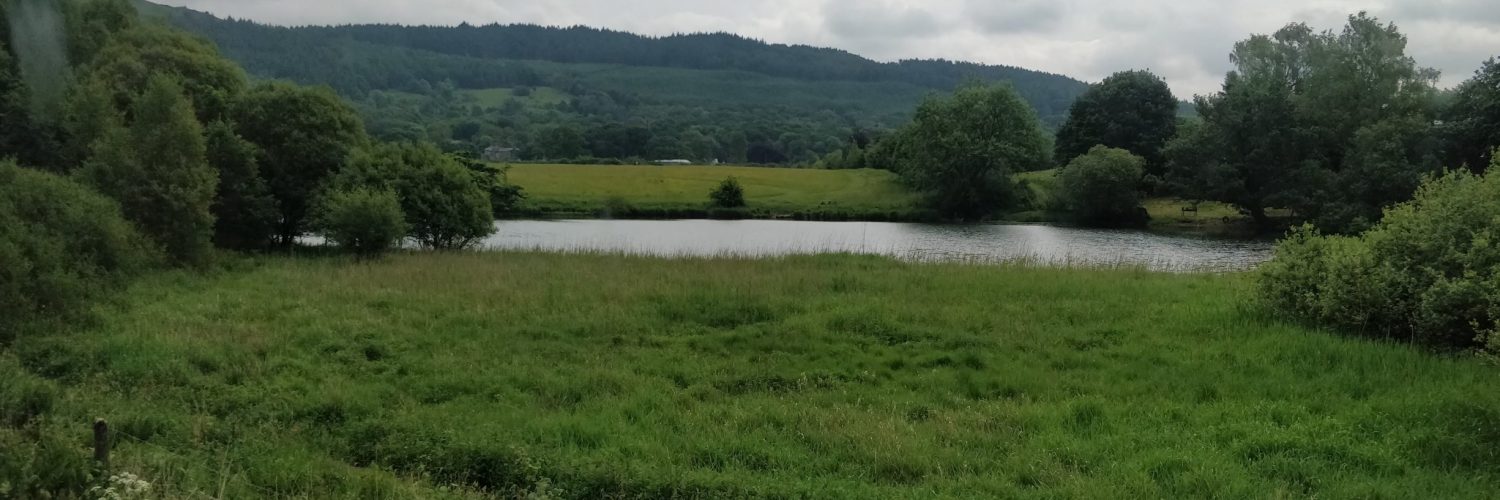On 17th June, the European Council formally adopted a first-of-its-kind Nature Restoration Law.
The objective of the Nature Restoration Law is to put measures in place to restore at least 20% of the European Union’s land and sea habitats deemed in poor condition by 2030. The scope of the law includes not only forests, grasslands, and wetlands but also rivers, lakes, and coral beds.
The law was first proposed in June 2022 by the European Commission as part of the ambitious Green New Deal but was delayed by several months due to consistent resistance from several EU member states. After some hard-fought discussions and deliberations, it finally became a law.
To ensure that implementation meets the objectives, the law sets specific legally binding targets and obligations on the member countries. In addition to the targets set for 2030, the law further increases the scope to restore 60% of EU land by 2040, and 90% by 2050.
The Nature Restoration Law has specific targets for forest, marine, and agricultural ecosystems, and even for pollinating insects like bees and butterflies.
The member countries are expected to submit their restoration plans to the commission by the middle of 2026. They need to specify their plans which will be implemented to achieve the nature restoration targets, which will be periodically monitored and reported.
Why Nature Restoration Law is Significant

According to the European Commission, more than 80% of the European Union’s habitats are degraded and in poor conditions. Several critical species in biodiversity are facing a decline in their populations.
The adoption of the Nature Restoration Law is a great step forward for the protection, conservation, and restoration of the environment and wildlife in Europe.
The new law will enable the long-term and sustained recovery of biodiverse and resilient nature and contribute to the EU’s climate action objectives.
If the implementation is done well it will have a significant impact on increasing the population of pollinators, stopping the decline of tree cover, and restoring degraded lands and marine ecosystems.
Land restoration and marine conservation are important for the environment and help mitigate climate change.
Wrapping Up
As we have seen in multiple laws related to environmental protection and conservation, they either fall short of their targets or fail to take off.
Considering that the Nature Restoration Law will require considerable investments and collaboration between the member states, it will be interesting to watch the progress.
Keeping the skepticism aside, if the European Union Nature Restoration Law is done well, it will pave the way for more such policies in other countries.






Add comment